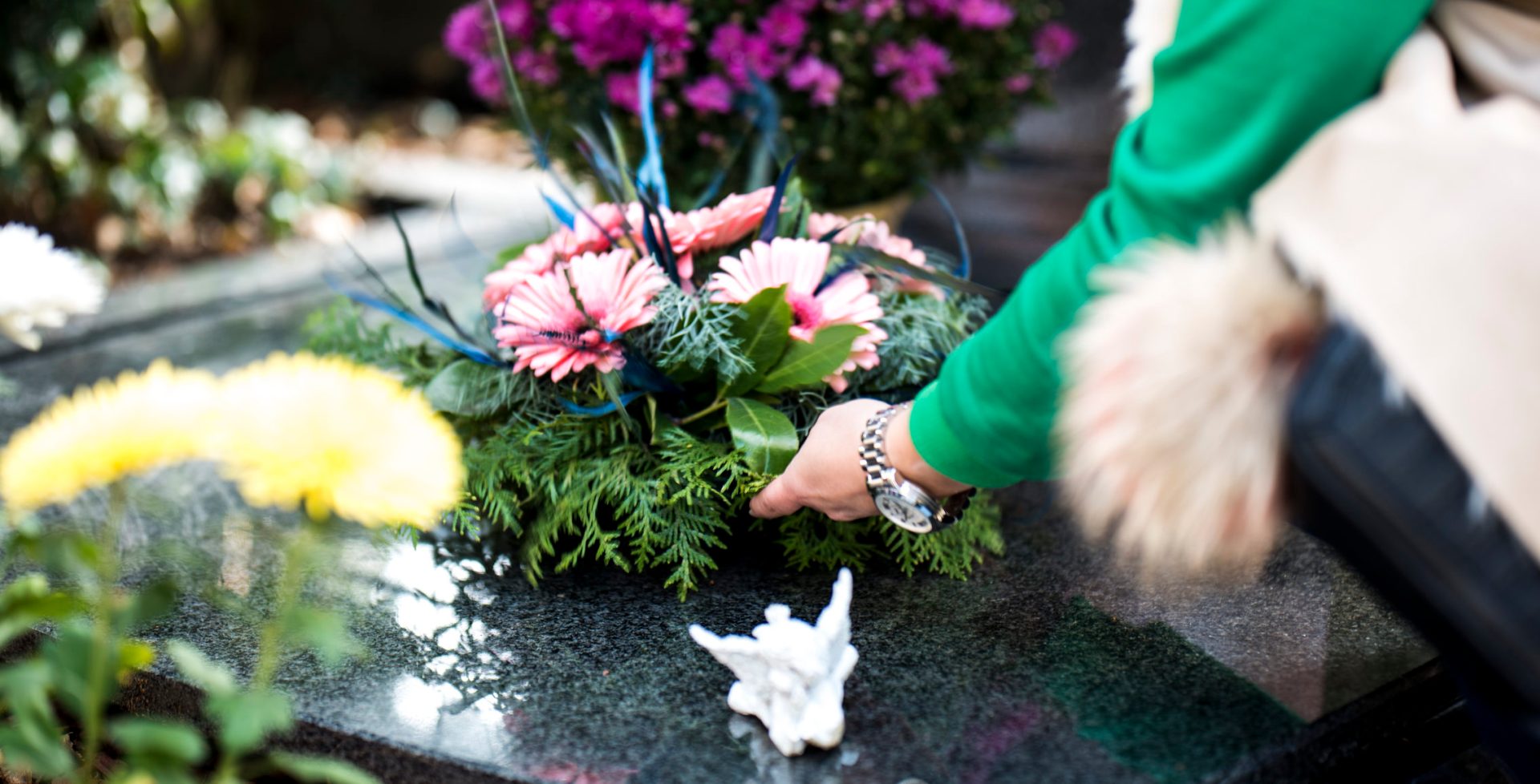What You Should Know About the Cost of Funeral Expenses

Grieving the death of a loved one is never easy, and on top of that, you’re also left with having to figure out funeral arrangements. Soaring funeral costs can quickly spiral out of control, with burial expenses getting in the way of planning a proper ceremony among relatives and friends.
So, how much does a funeral cost, really?
The total costs average from $7,000 to $10,000. These expenses can include embalming and transportation, use of a funeral home, funeral services, burial plot, and headstone. There’s also the death certificate, cremation, and other additional costs.
What a lot of families don’t know is that the Federal Trade Commission (FTC) governs fundamental funeral expenses through something known as the Funeral Rule. The FTC requires that funeral providers present their services in a transparent general price list. But even with some protections in place, the full cost of a funeral can be unaffordable for many, which is why an increasing number of families are turning to crowdfunding sites like GoFundMe.
Crowdfunding can not only help cover the cost of funeral services, but also provide emotional support during a very difficult time.
Cost of funeral services
Families typically reach out to funeral providers to begin making funeral arrangements soon after a loved one passes away. It helps to have a person there who isn’t feeling emotionally overwhelmed — someone who can help ask questions and make decisions with a cool head.
Funeral homes will then be able to break down the cost of every basic service. They will cover the funeral ceremony itself, embalming, use of a crematory, basic service fees, what type of service you want, and more.
Here are some general price list study details, according to recent data from the National Funeral Directors Association (NFDA):
- Funeral costs average $7,848.
- Embalming is optional if you don’t want there to be a public viewing, and it typically costs about $800.
Funeral homes may ask for cash in advance for items such as the death certificate, obituary notices, and a burial permit. It can cost up to $1,525 for these items.
Cemetery and burial costs
Families that opt for a full-service burial will often have a procession from the funeral home to the graveside service. Direct burial and traditional burials involve burial plot fees, transport in a hearse, and the purchase of a burial container or metal casket.
- The median cost for a hearse is $350.
- A burial plot can run from $1,500 to $2,500.
- Prices for a standard metal casket range from $2,000 to $10,000.
A Funeral home will oftentimes sell outer burial containers or liners, which some cemeteries require to prevent the ground from collapsing. These add an extra cost.
A gravestone is another big item to account for. Gravestones can range from a few hundred dollars to thousands, depending on the materials.
Memorial service costs
As the cost of a traditional type of funeral becomes more expensive, memorial services are a great alternative. They are often conducted without the body being present and allow more flexibility for loved ones who are making plans from far away.
Memorial services do have costs; here are some of them:
- The NFDA report found that 48% of those surveyed prefer their cremated remains to be scattered in a sentimental place. And on average, a memorial service with cremation costs $1,678.
- Cremation costs can range widely, depending upon the funeral parlor. It typically costs $295, although ornate styles or specialty materials can be more expensive.
- Families can save money by opting for an alternative container — a plain, undecorated wood or fiberboard casket will cost about $150.
- For anyone interested in having a green burial, the price of a preservation site can be about $2,000. With limited or no use for embalming or metal caskets, green burial planning is a more eco-friendly and affordable choice. However, the exact price will depend on your state and where the burial plot is located.
Direct cremation (The budget-friendly choice)
An option that is growing in popularity for families who wish to keep this simple and affordable is direct cremation. This approach avoids a funeral ceremony or a memorial service before having cremation done, reducing overall cost. What you should know:
- A direct cremation usually covers transportation, the crematory fee, and the return of the remains in an alternative container.
- Funeral providers might offer pre-planning packages that secure today’s cost of cremation and give family members time to make decisions and navigate funeral planning without added pressure.
- Cremation services are also regulated under the Funeral Rule, so always ask for the general price list when shopping for direct cremation.
Get the financial and emotional support you need
With the average cost of a funeral, burial plot, or cremation services, and in some cases, a lack of final expense insurance or burial insurance, it’s easy to feel overwhelmed. But you don’t have to do it by yourself.
Crowdfunding can help reduce the financial burden while giving others a chance to show their love and support. Create a funeral or memorial fund on GoFundMe today to help bring people together to honor your loved one.